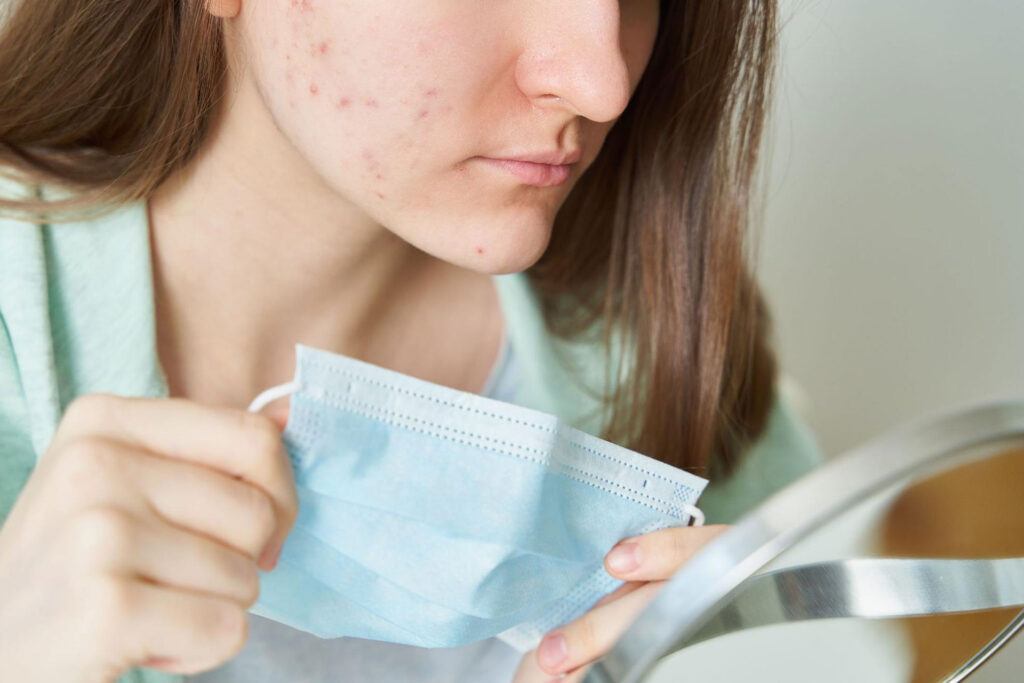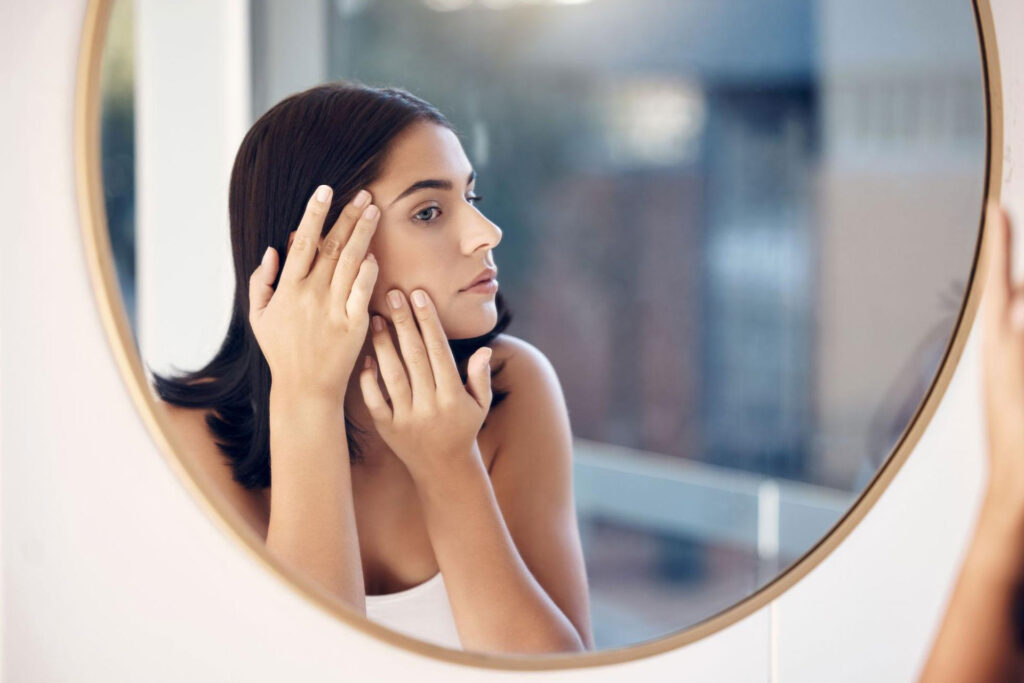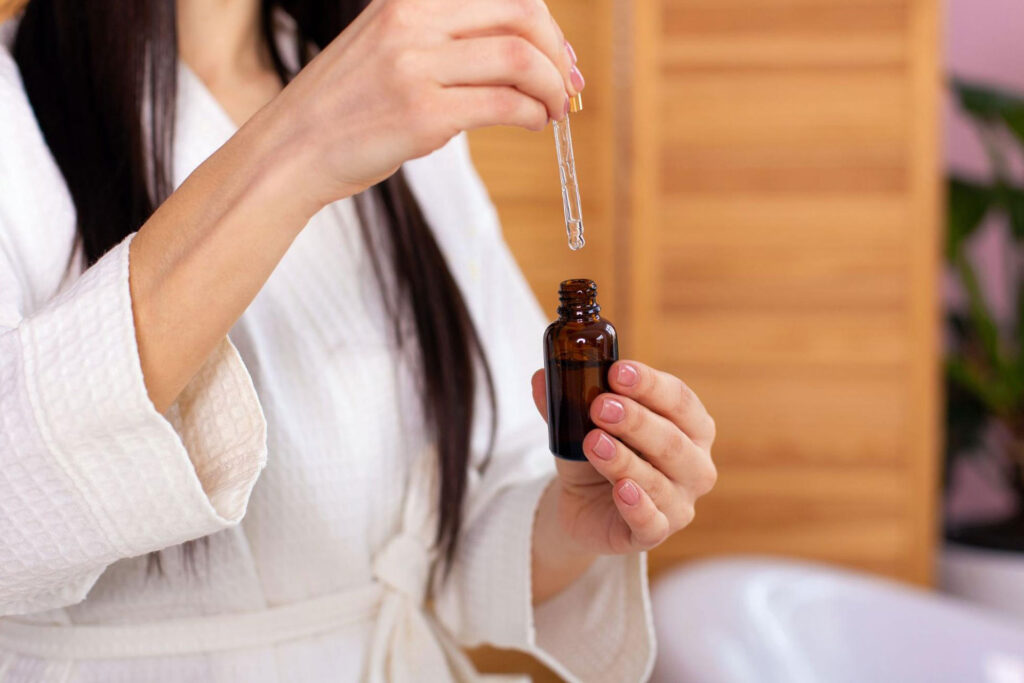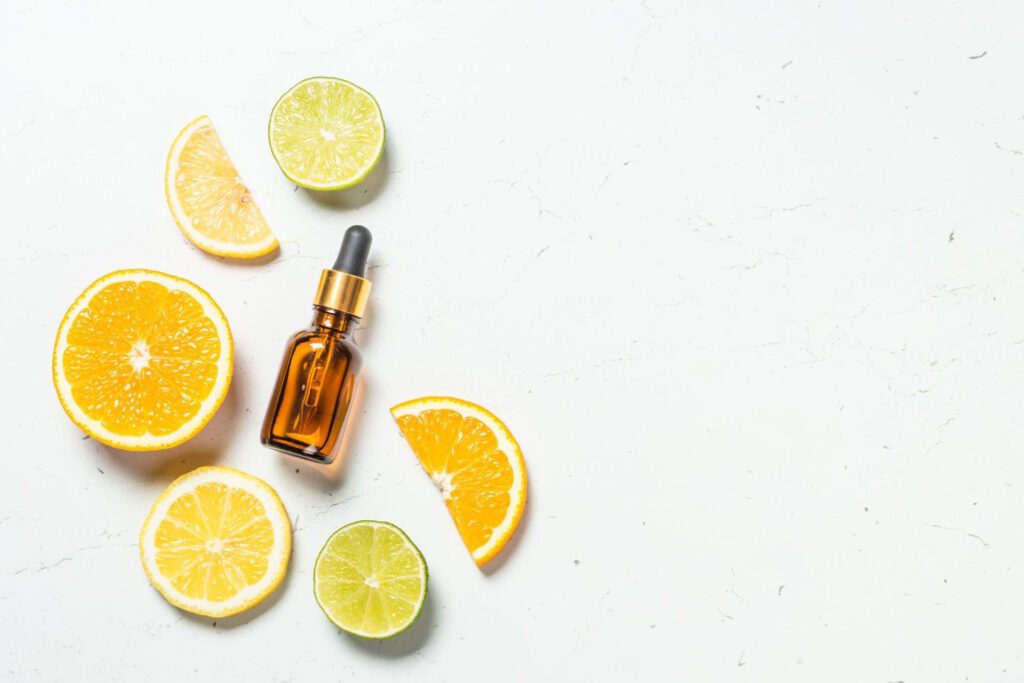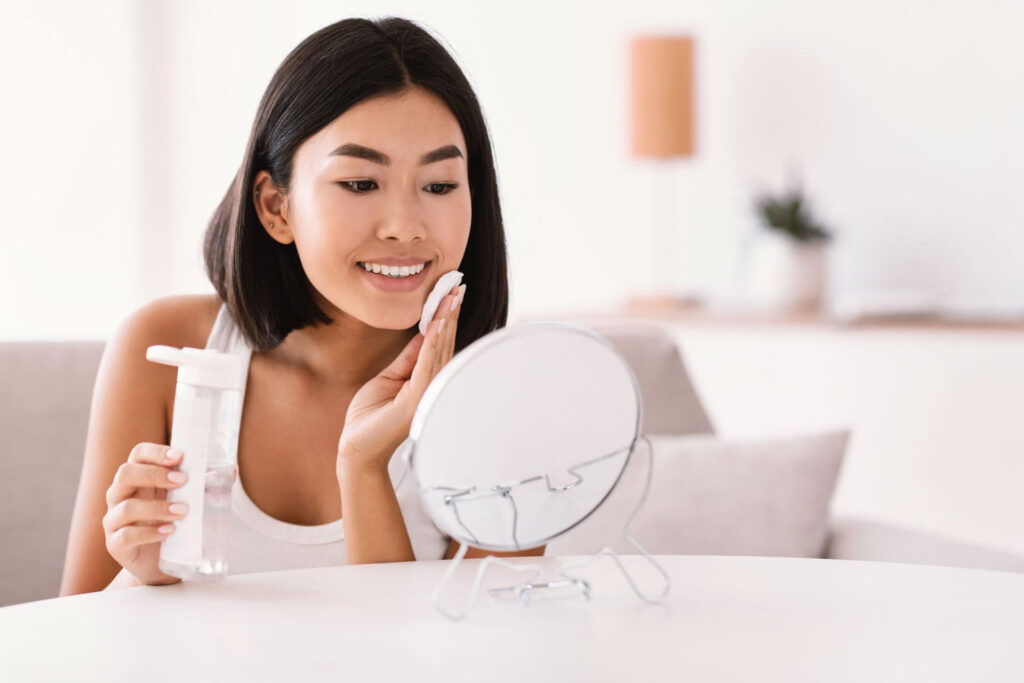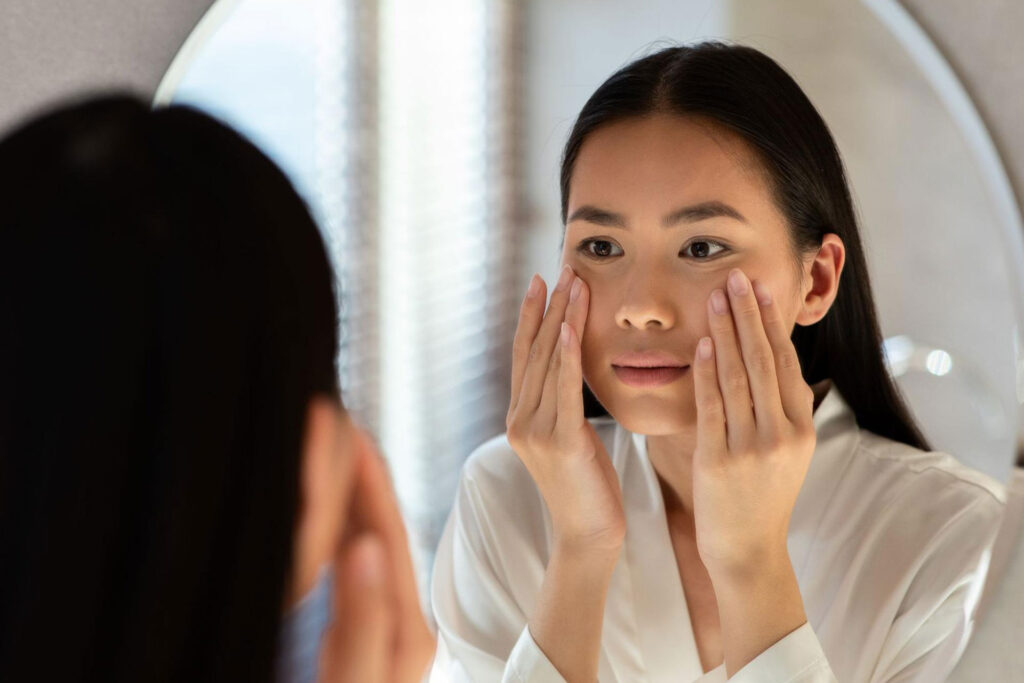7 Things You Need to Know When Buying Skincare Products
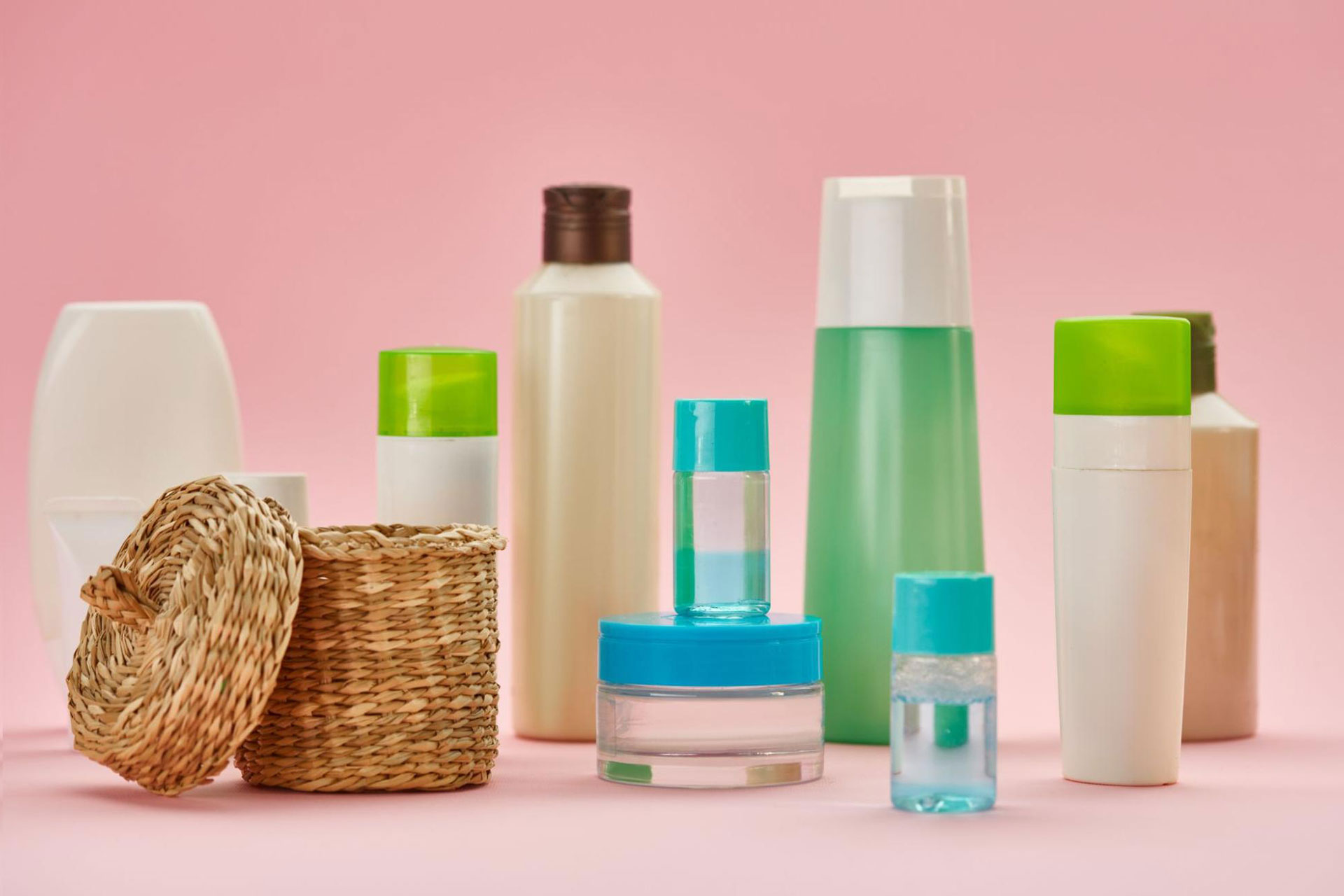
Nowadays, we see a lot of online influencers talking about skincare product hauls — normally consisting of products that they’ve tried and are trying for the first time. Skincare reviews are also rampant in many beauty vlogs, which causes us to be easily convinced that the product may also be effective for our skin. There’s nothing wrong with trying out different skincare products, especially ones that have really proven to show positive results for many people. However, it’s also worth noting that we all have different skin types, so our skin reacts differently to every product that we apply to our face and body. And it doesn’t mean that if a certain product worked for other people, it would do the same for you.
Taking care of your skin is an investment, which is why it requires you to be more cautious with what you’re applying to your skin. Being careless with your choice of skincare products will not only hurt your pockets for purchasing the wrong products, but it will also take a toll on your skin, causing further damage. To keep you from spending too much on skincare products that don’t work for you, let’s take a look at the things you need to know when buying skincare products:
1. Your Skin Type is Important

Your skin type says a lot about what your skin actually needs and what wouldn’t work. When buying skincare products, take note that your skin type is important. Neglecting this can result in skin damage such as inflammation and acne breakouts.
Sensitive Skin
Having sensitive skin can be a pain in the neck because you’ll constantly have to be extra wary with any skin or body care products you buy. If you have this skin type, it’s best to avoid skincare products that contain fragrances and alcohol as they can trigger more problems on your skin. You also have to watch out for ingredients that cause allergic reactions such as parabens. Instead, you can opt for skincare product ingredients for sensitive skin such as aloe vera, oatmeal, rose, etc. since they can help reduce and soothe irritated and inflamed skin.
Oily Skin
When you have oily skin, you usually have a shiny face that looks greasier later on in the day. You’re also prone to develop blackheads, pimples and other types of acne. Because your pores are enlarged mostly on your nose, chin, and forehead, it easily get clogged up, making your face susceptible to developing acne. It’s a hassle, right? But you just have to adjust to it and find ways to take care of your skin.
If you have oily skin, you need to steer clear of skincare products that contain ingredients such as alcohol, petroleum jelly, harsh scrubs, and natural oils because it can only trigger your skin to produce more oil, which can lead to more breakouts and other skin damage. To avoid that, take note of some of the best ingredients for oily skin such as niacinamide, hyaluronic acid, salicylic acid, and more. These ingredients aid in controlling the oil production of your skin and prevent clogged pores.
Related: Oily Skin Food Alert: The 8 Foods to Avoid When You Have Oily Skin
Dry Skin
People with dry skin would know that it’s not always rainbows and butterflies when you have this skin type. They may not have to deal with the oily, greasy feels on their skin, but they would have to deal with dry patches and even excessive dryness that result in rashes and skin cracking. Since this skin type tends to become scaly, tight, or brittle, it can trigger eczema or atopic dermatitis.
Avoid washing your face too often in a day and do not over-exfoliate because doing this makes your skin even drier, worsening its condition. You also have to keep yourself from using skincare products that contain glycolic acid and salicylic acid as they are types of AHA and BHA acids that are chemical exfoliants. They are typically helpful for oily and acne-prone skin because they help hasten the skin regeneration process, but they are not exactly the most ideal ingredients for dry skin types.
Combination Skin
When you have combination skin, your T-zone (forehead, nose, and chin) normally feels oily, while the other areas of your face remain dry. See to it that you avoid skincare products that contain fragrances and alcohol if you have combination skin because they can make dry areas become drier, and the oily areas even oilier, resulting in breakouts. Some tips for combination skin include using a gentle cleanser, keeping your skin hydrated with a moisturizer that’s not heavy or greasy, and gently exfoliating. Look for skincare products that contain hyaluronic acid and vitamin C if you have this skin type because they can help improve the skin’s appearance and reduce irritation.
Normal Skin
Normal skin has little to no imperfections. This skin type hardly has any visible pores, not sensitive, and is not too dry or too oily either — basically just normal. You only need to maintain this by following a good skincare routine. Never forget to moisturize and apply sunscreen. Keep a quality sleep, avoid smoking, and don’t let yourself be too exposed to the sun without putting on an ample amount of sunscreen.
2. Know the Ingredients to Avoid
While most skincare products in the market guarantee results that will benefit your skin, you still have to have to check the list of ingredients before you decide to buy the product. This is because some skincare products contain ingredients that are not only harmful to your skin but also your internal health. That’s why it’s essential to know the skincare ingredients you should avoid so that you don’t end up buying ones that can potentially worsen your skin condition and affect your health at the same time.
3. Know the Safe and Helpful Ingredients to Look For

As much as there are skin care ingredients to avoid, there are also ingredients that are safe and can help in improving your skin, like reducing wrinkles and fine lines, brightening and toning your complexion, encouraging collagen production, and more. You just have to be keen on finding the right ingredients that will best suit your skin. Keep in mind as well that there are skin care ingredients that shouldn’t be mixed together, even if individually they are generally safe and useful to the skin.
4. The Hype Isn’t Always Reliable
It’s easy to bite into the hype when you see a lot of people using that certain skincare product, but it’s still worth remembering that it’s not always worth it. Yes, sure, there are many products out there that target skin issues that you have been wanting to find a solution to, and they are indeed effective. Nevertheless, it wouldn’t hurt to be cautious and vigilant with the skincare products you purchase. You have to do your research. Pay attention to your skin type, what it needs, and what would make it react adversely. Don’t just go for any product only because people are raving about it. At the end of the day, we all have different skin types and what would work for others won’t always work well with ours.
5. Never Forget to Do a Patch Test
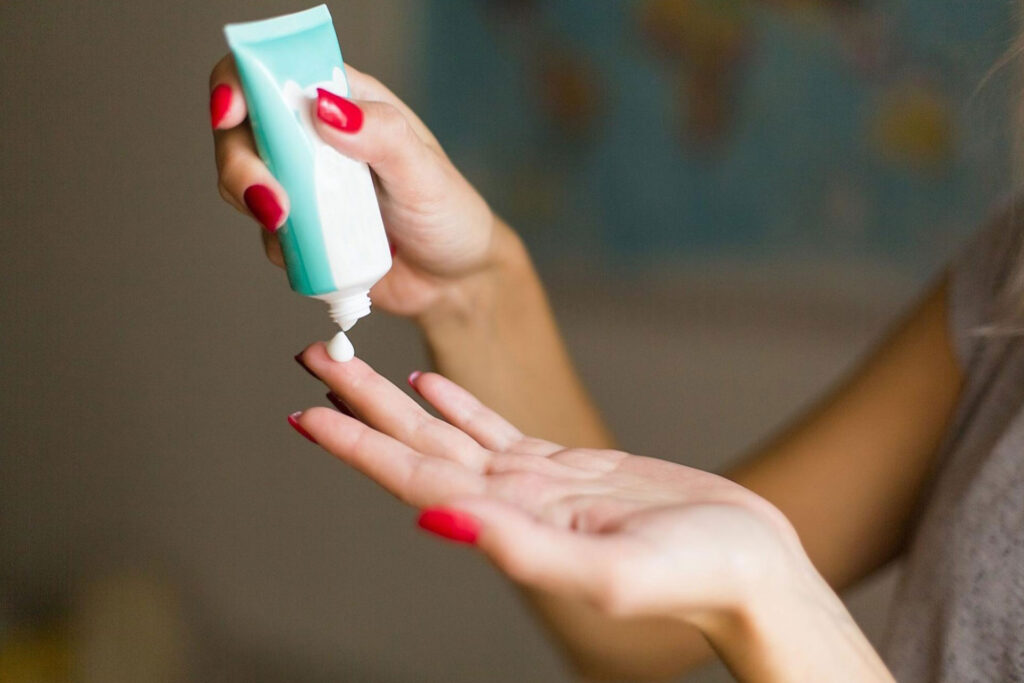
If you watch beauty vlogs or read about skin care online, you’ll know why doing a patch test is important every time you try a new skincare product. A patch test is done to check if your skin will develop an allergic reaction, irritation, or inflammation from using the product.
Here are the steps recommended by the AAD (American Academy of Dermatology) on how to do a proper patch test with a skincare product:
- Apply a quarter-sized amount of the product to a test spot twice a day for 7 to 10 days. Opt for a spot where the product won’t easily be rubbed or washed away such as the underside of your arm or the bend of your elbow.
- After that, leave the product on your skin for as long as you normally would. But if you’re testing a product that would need washing off such as a cleanser, leave it on your skin for 5 minutes or as long as the instructions say.
- In the event that your skin doesn’t show any allergic reaction after 7 to 10 days such as redness, itchiness, or swelling, you can go ahead and use the product.
- Be careful and take note of ingredients such as retinol and glycolic acid as they can irritate your skin, especially if your skin is sensitive.
- If your skin reacts to the product, wash it off as soon as possible and do not use it again. Apply a cool compress or petroleum jelly to the affected area to relieve it. But if it continues to react adversely, you may have to see a dermatologist manage the symptoms.
6. Don’t Get Lazy in Reading the List of Ingredients
Checking the list of ingredients in food is advisable, especially if you’re not familiar with the product or you’re trying it for the first time. Doing this helps you know whether you’re allergic to any of the ingredients or not. The same thing applies to reading and checking the list of ingredients in skincare products. That’s why knowing your skin type is important because some ingredients don’t work for certain skin types, and not knowing which ones to avoid may cause more damage to your skin. It’s always better to check the primary list of ingredients on the product label as this helps you avoid buying a product that contains an ingredient that doesn’t work for your skin.
7. Natural Isn’t Always the Ideal Option
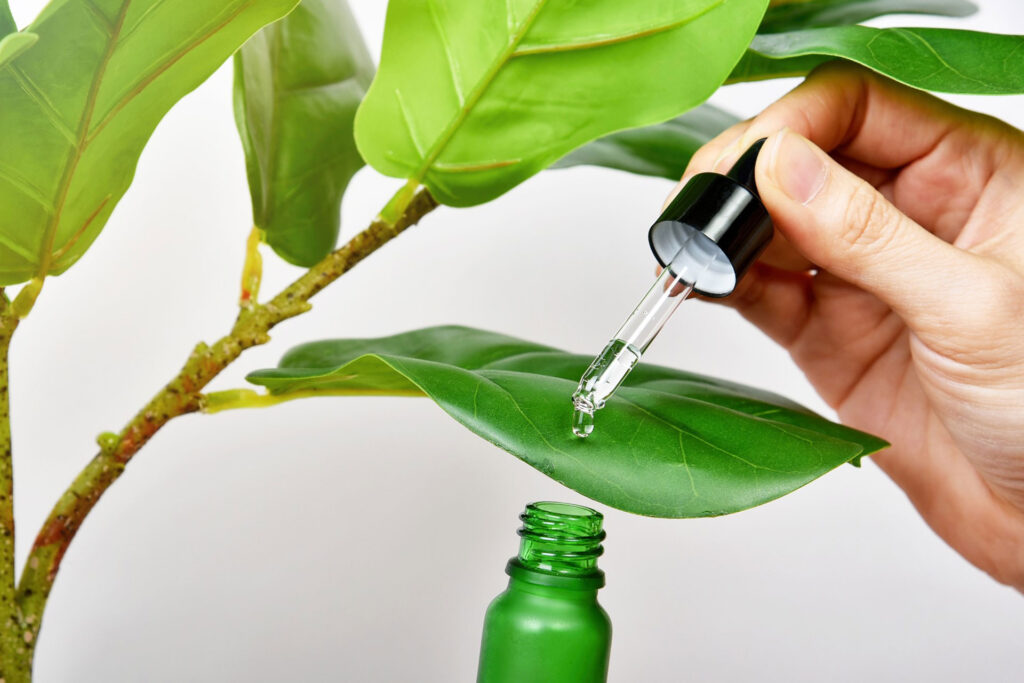
Even if the label says “all-natural,” it doesn’t really guarantee that the product will be safe for the skin. Many of us are drawn to products that are natural or organic, and seeing these words on the label provides a certain comfort since it seems the least harmful option — however, it’s not always the best option.
In fact, the term “organic” only means that the product is free of synthetic pesticides, fertilizers, and other non-organic substances. To be fair, it doesn’t completely indicate that products made with natural or organic ingredients are the safest option. Natural skincare products can still cause allergic reactions and can show little to no results to your skin despite what is promised on the label.
The results you’ll see on your skin all depends on you – your skincare product choices, lifestyle, and habits. If you see no results even after quite some time, you may be doing something wrong. Many skincare products are made available in the market, but it’s still up to how you will be able to take care of your skin by simply being attentive to what it needs. Keep in mind that there are no shortcuts to achieving a good skin because every single one of us has their own skin care journey, and it will vary from person to person. You just have to be patient and learn more about what’s good for your skin and overall health.
We hope that reading this article has helped you take note of the things you need to know when buying skincare products.
If you are looking for Skincare Products in the Philippines, visit our page, we have a variety of items for you to browse! Like our Facebook page for updates!

